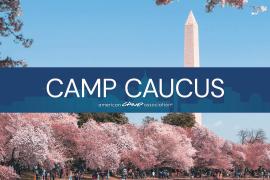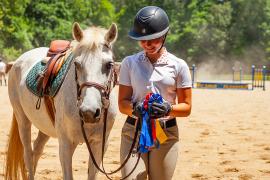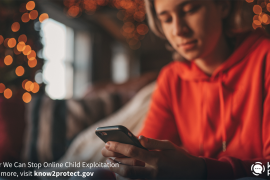Kids come home from camp with lots of stories — games they played, meals they ate, and, most importantly, friendships they formed. Often times, the relationships formed at camp have a lifelong impact on a camper’s life. Having special camp friends is not only fun and eye-opening for campers, but it’s also critical to their well-being. According to psychologist Christine Carter, author of Raising Happiness, “a person’s happiness is best predicted by the breadth and the depth of their social connections — their ties to other people. Camp gives kids a wonderfully rich opportunity to extend both the breadth and depth of their relationships.”
ACA research supports the idea that campers extend their connections at camp. 96 percent of campers say, “camp helped me make new friends,” and 94 percent say, “camp helped me get to know other campers who were different from me.” Quality camp providers set the stage for intentionally increasing friendship skills in their campers by ensuring staff manage group dynamics, form unique relationships with each camper, and encourage a positive environment.
The concept of the camp experience — where campers are away from the regular social structures of school and home life — enables campers to be who they truly are, contributing to the authenticity of their relationships. Also, being away from parents and finding role models in older campers and counselors is an incredibly identity-forming experience. When campers share that amazing experience with the other kids in their community, it’s no wonder camp friendships often have such a lasting and meaningful place in campers’ hearts!
For more on friendship outcomes of the camp experience:
- What Is It about Camp Friendships?
- Camper Outcomes Increase Regardless of Session Length: Beyond Anecdotal Evidence of Increased Competence, Independence, and Friendship Skills
- Directions: Youth Development Outcomes of the Camp Experience
Photo courtesy of Camp Courageous, Monticello, Iowa
The views and opinions expressed by contributors are their own and do not necessarily reflect the views of the American Camp Association or ACA employees.



